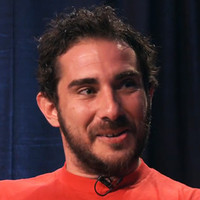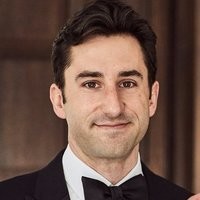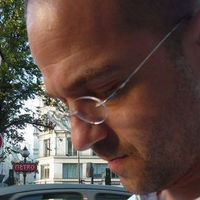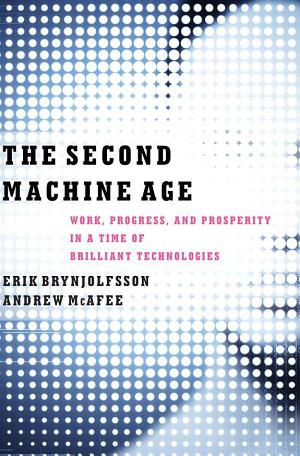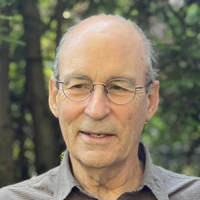
Collections Sponsored
How Will We Communicate in 2020?
Our sponsor this week is HP Matter, a new digital magazine where the brightest minds in business share their perspectives on a technology driven world.
The latest issue looks at the future of the telecommunications business. How is Facebook approaching its next era? How will big data change the way we interact? And who's building the machines that will power it all?
HP Matter: The Telecom Issue is out today and you can read the whole thing for free. Here are some favorite pieces:





